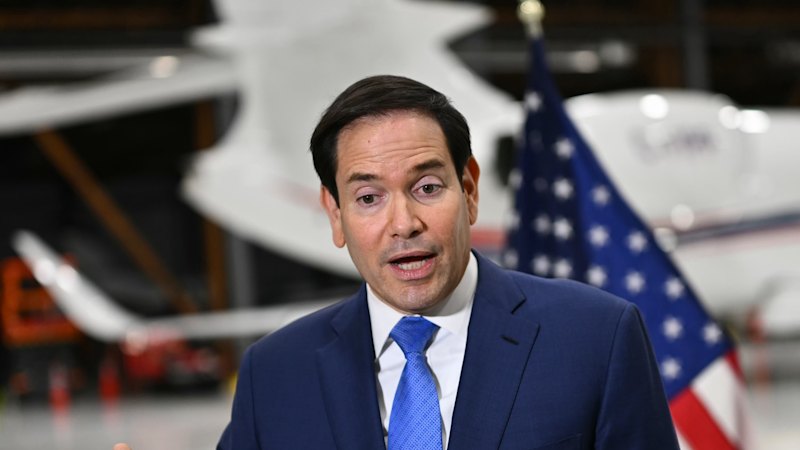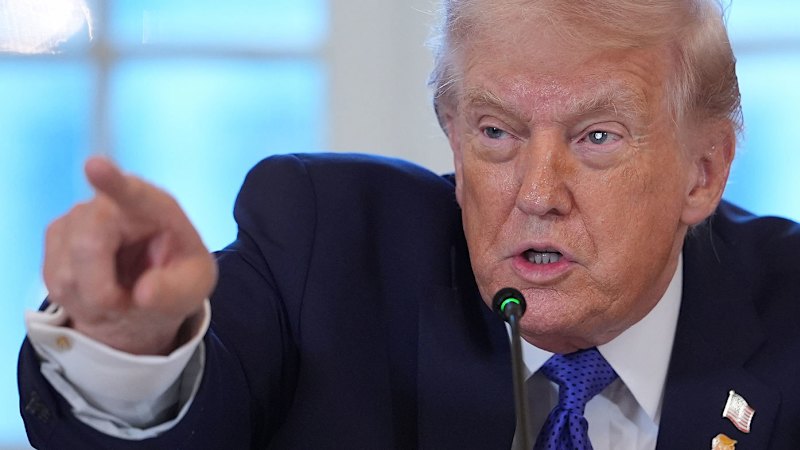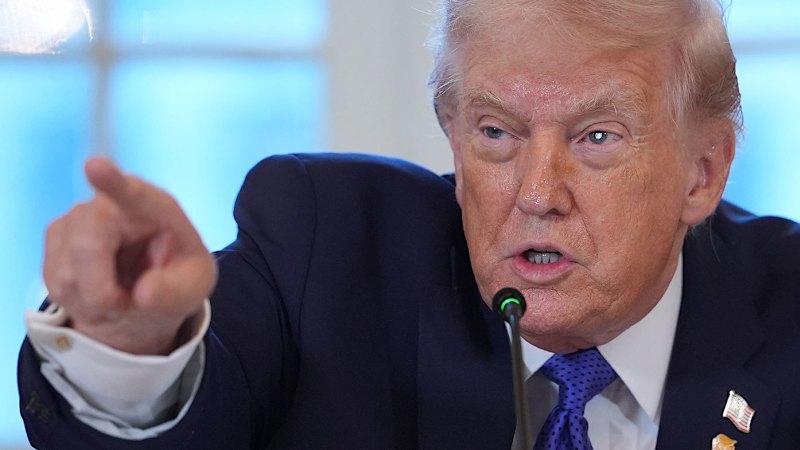
US Secretary of State Marco Rubio has asserted that the controversial 28-point peace plan proposed for Ukraine by the Trump administration was authored in the United States, not by Russia. This clarification comes as a faction of Republican lawmakers express concern that the plan resembles a Russian “wish list,” igniting a significant debate within the party.
European leaders are concurrently advocating for a competing 24-point peace proposal, which aims to maintain sanctions against Russia and permit foreign military forces on Ukrainian territory. This divergence highlights the varying approaches to the ongoing conflict and underscores the complexities of international diplomacy.
Following a briefing from Rubio over the weekend, several US senators voiced their apprehensions. Mike Rounds, a Republican senator from South Dakota, indicated that Rubio communicated that the peace plan was not a formal US government proposal. “He made it very clear to us that we are the recipients of a proposal that was delivered to one of our representatives. It is not our recommendation. It is not our peace plan,” Rounds stated during a news conference at a security forum in Canada.
Independent senator Angus King, who caucuses with the Democrats, shared a similar view, stating, “I think it’s fair to say that this document represents the Russian position.” This characterization of the plan was met with swift denial from Rubio, who took to social media to assert, “The peace proposal was authored by the US. It is offered as a strong framework for ongoing negotiations.” He emphasized that while the plan incorporates input from both Russia and Ukraine, it is fundamentally a US initiative.
The US State Department also weighed in, with spokesperson Tommy Piggott labeling the senators’ remarks as “blatantly false.” He reiterated that the document was crafted by US officials with contributions from both sides of the conflict.
Reports from Bloomberg News suggest that the plan emerged from clandestine discussions between President Donald Trump’s special envoy Steve Witkoff and Russian counterpart Kirill Dmitriev, which included a meeting in Miami last October. According to the report, Rubio was not fully briefed until later in the process, while Trump approved the initiative after receiving a late briefing.
As dissent grows within the Republican ranks, Senator Bill Cassidy of Louisiana voiced his discontent, asserting that the proposal resembles a Russian “wish list.” He cautioned against making significant concessions to Russia, arguing that such actions ultimately weaken the United States’ position.
Congressman Don Bacon of Nebraska, a member of the House Armed Services Committee, expressed concern that the situation could damage US alliances and embolden adversaries. “Some people better get fired on Monday for the gross buffoonery we just witnessed over the last four days,” he remarked.
In contrast, Senator Todd Young from Indiana noted he was relieved that Trump acknowledged the plan was not a definitive offer. He insisted, “It’s time to tighten the thumbscrews on Putin, not throw in the towel against him.”
Trump’s criticism of Ukrainian President Volodymyr Zelensky intensified over the weekend when he claimed on social media that Ukraine’s leadership had shown “zero gratitude” for US support. He also suggested that the ongoing war, which began with Russia’s invasion in February 2022, might have been averted with stronger leadership from both the US and Ukraine at the time.
As US officials navigate this contentious landscape, European leaders continue to promote their alternative peace proposals. Talks in Geneva, involving US and Ukrainian representatives, have underscored the differences between the US and European strategies. The European plan maintains sanctions against Russia until long-term peace is assured and allows for the potential presence of foreign troops in Ukraine—an option not included in the US draft.
The ongoing dialogue among global leaders, including British Prime Minister Keir Starmer and French President Emmanuel Macron, reflects a broader commitment to finding a viable resolution to the conflict. Prime Minister Anthony Albanese of Australia has indicated a willingness to consider options but has yet to commit to sending Australian peacekeepers.
As discussions unfold, the international community remains watchful, aware that the stakes for Ukraine and regional stability are exceptionally high.







